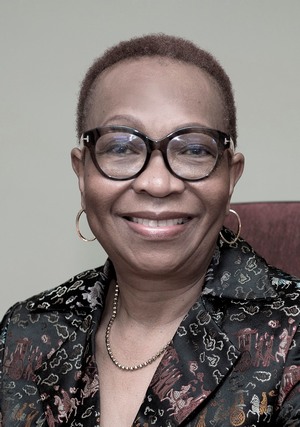 These challenges constrain the right to just and affordable access to higher education for thousands of our students. Council understands and affirms this right as inalienable and key to our national development aspirations.
These challenges constrain the right to just and affordable access to higher education for thousands of our students. Council understands and affirms this right as inalienable and key to our national development aspirations.
Council is particularly troubled by the compounding negative impact that these challenges are having on universities and their respective communities and the country at large. In recent years, they have repeatedly played themselves out at the start of almost every academic year.
At its meeting held on Thursday, 25 March 2021, Council noted that the gravity of our institutional challenges has been worsened by the COVID-19 pandemic and our dire economic prospects. It acknowledged the efforts that university administrations, including our own, are making to deal with the student debt crises and the overall funding cuts in higher education.
Nelson Mandela University spent about R106-million from its own budget to support around 3 500 students out of a student population of 29500 in this current financial year. The University also assists students that qualify in the “missing middle” category, whose household income is less the R 600 000, by offering concessions that allow registration without upfront payment and a carry-over of student debt after a sighed acknowledgement of debt.
Council resolved to support the efforts and steps being taken by various stakeholders that include Government, Parliament, the Ministry and Department of Higher Education, Science and Technology, Universities South Africa, the South African Union of Students and other student formations, as well as civil society and other actors, to ensure that universities deliver on their mandate and are able to function optimally within the current context.
It is clear to Council that the current fees and funding crisis is not of the making of individual institutions. It is due to the historical underfunding of the sector as a percentage of GDP; an under-performing and compromised economy, and a larger set of austerity measures underpinning the financial crisis in the country as a whole. It has not helped that universities have had to live with an indeterminate fee policy regime since 2016.
While universities should do as much as they possibly can, the crisis cannot be addressed by universities alone. It is unsustainable for universities to absorb large amounts of student debt in the face of reduced and declining budgets.
Council is concerned that such budgetary cuts and the continuous fee crises might lead universities to reprioritise their transformation goals, including that of being more responsive to the basic needs of our communities, as Nelson Mandela University has promised. Such reprioritisation might also have the effect of compromising the capacity of the University to deliver a quality higher education to its students.
In the absence of appropriate levels of public sector investment and a nationally agreed funding plan for higher education, Council believes that universities, Nelson Mandela University included, may continue to slide into greater levels of unsustainability.
For the Mandela University Council, it has become important that we publicly express our concerns about the current crisis and its potentially negative implications for higher education and broader social development. In this regard, Council aligns itself with calls made by other universities that there should be a larger debate about the financial and funding crisis, which includes all key stakeholders. This should be followed by practical work in developing and implementing lasting solutions.
In concert with already existing work, we will mobilise our intellectual and other resources in collaboration with institutions and agencies across the sector to earnestly commence the work of heterodox analyses and alternative modelling that could contribute to innovative social sector funding approaches that constitute sustainable and just solutions for South Africa.
Ambassador Nozipho January-Bardill
Chairperson of Council
Nelson Mandela University
27 March 2021